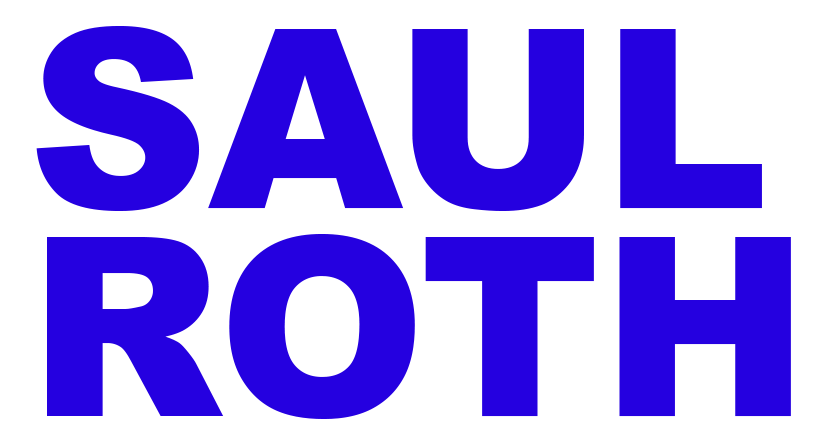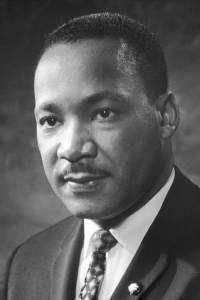By Saul Roth
Martin Luther King was shot and killed at 6:05 P.M on Thursday, 4 April 1968 while standing outside of his second-floor room at the Lorraine Motel in Memphis Tennessee.
The news of King’s assassination prompted major outbreaks of racial violence, which led to over 40 deaths nationwide and extensive property damage in more than 100 American cities. James Earl Ray, an escaped fugitive who had been on the run for six months before being captured, later confessed that he had shot Martin Luther King Jr.
Martin Luther King Jr. had just arrived in Tennessee to prepare for his march on Monday, when he spoke with friends and family members at the Lorraine Motel before leaving for dinner at nearby minister Billy Kyles’ home.
As soon as Martin touched down from catching a flight back east, after speaking with SCLC colleagues about sanitation worker strikes happening across Memphis Wednesday evening 3/4 April 1968, an assassin fired one shot that critically injured him below his right eye socket.
In the wake of Dr. Martin Luther King, Jr.’s death on April 4th 1968, President Lyndon B Johnson called for a national day-long period where all businesses were closed and people refrained from any type of work, People took time off from work so they could pay their respects as well honor his legacy.
The FBI quickly arrested James Earl Ray, a Riley County criminal who had escaped from prison just months ago.
Ray was identified as a suspect and was pursued. He was eventually extradited from Britain to stand trial in America, where he pled guilty for murder charges that would carry out life imprisonment with possibility of parole after 10 years served. This became controversial because soon after sentencing (in 1969), Ray recanted everything said during confession, thus leading some people to believe that there may have been coaching, or worse done on him beforehand.
In the years following King’s assassination, there were doubts about whether or not he was killed by just one person. This is because it was discovered that federal agencies had been eavesdropping on him for quite some time before his death, and they also surveilled locations where he traveled often enough to know what kind of car would be waiting outside every destination point. Ultimately, there was no convincing evidence showing how government officials could have possibly collaborated on such a crime without being caught red handed.
In 1993, Ray’s lawyer William F. Pepper staged a mock trial of him in which the “jury” found a guilty verdict against his client but still maintained that he was innocent; it wasn’t until 1997 when members of King’s family publicly supported this appeal.
Conspiracies continued to exist after Ray was long dead.. In 1999 on behalf of King’s widow and children, Pepper won a token civil verdict against Lloyd Jowers owner-of Jim’s Grill Restaurant.


Recent Comments